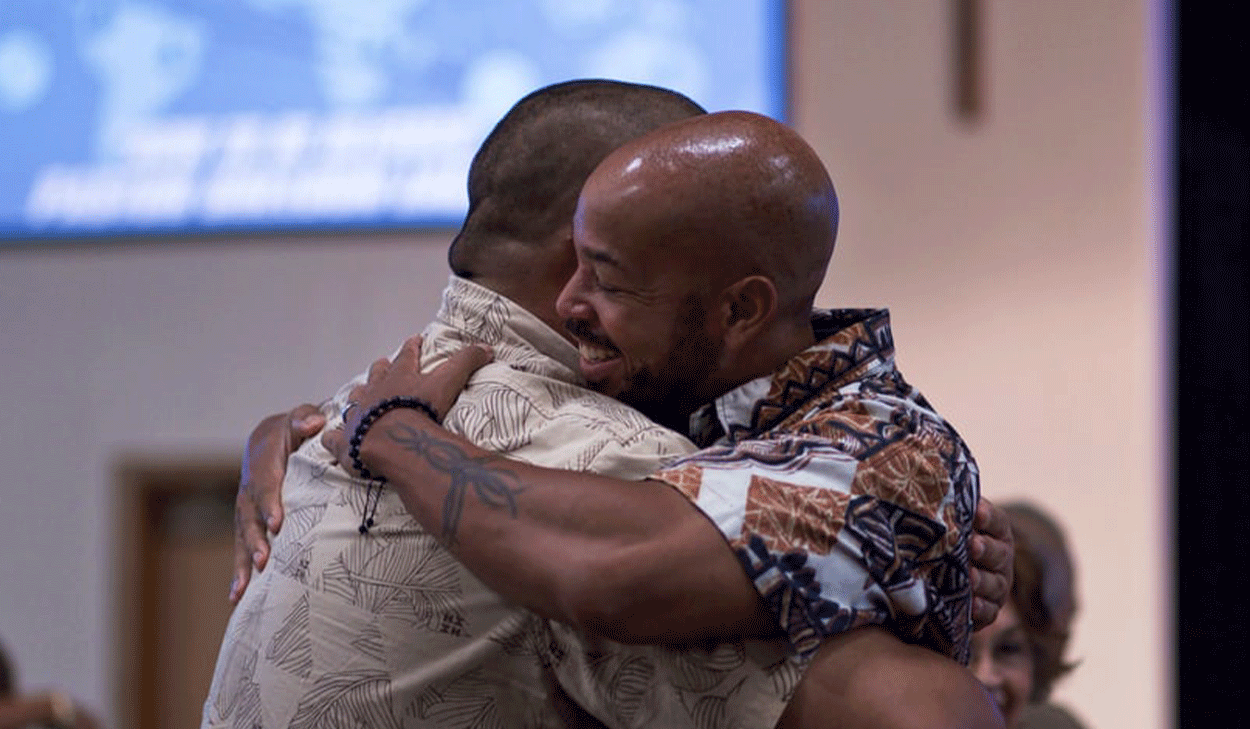Missions Focus: Person of Peace

When a missionary comes home from overseas, you may hear them use the term "person of peace." The person of peace is a key part of church planting strategies, and today we're going to let you know exactly what they mean when your missionary friends use this term.
What is a person of peace?
A person of peace is someone in a village or community who is open to those sharing the gospel. This person will happily receive a visitor who is a stranger and often desires to serve them in some way, especially through hospitality. They are also open to Jesus and the gospel message.
Although a person of peace may not believe right away, they are willing to meet with the one sharing the gospel to learn more and to "do life" in some way. A person of peace is someone that God has prepared for the message ahead of time and will be willing to spread it to their friends and families.
Where do we get the term?
When looking to multiply disciples and churches, often you will be referred to Luke 10 as a starting point for strategy. This passage shows Jesus sending 72 believers in pairs to towns where he was about to go to prepare the way. Look at what He says before they go:
"When you enter a house, first say, 'Peace to this house.' If someone who promotes peace is there, your peace will rest on them; if not, it will return to you. Stay there, eating and drinking whatever they give you, for the worker deserves his wages. Do no move around from house to house." -Luke 10:5-7
Here we can see that a person of peace is hospitable, open to the gospel, and the key to opening doors in a new place.
How does it fit into church planting?
Church planting is not really about buildings. It's about people. It is the Holy Spirit's work through people that go as well as the people who receive the gospel. The person of peace is the first part of the church planting chain.
When an evangelist or church planter finds a person of peace, they spend some time with them--eating, drinking, and sleeping in their home while sharing about Jesus Christ. This person then believes or is open for more discussion and information, but either way, they are the true catalyst for a movement of the gospel in their area. It is through them that others come to hear the Good News, which then leads to lives changed and churches planted.